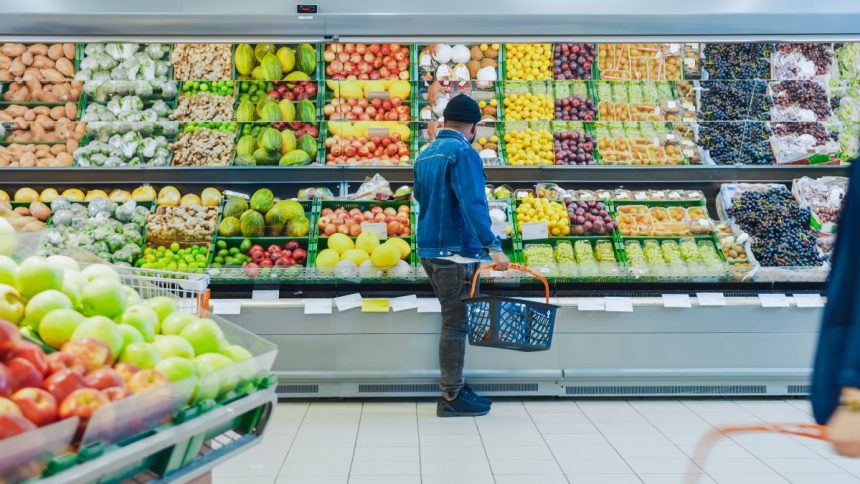Choosing a vegetarian diet is not only good for your health but also beneficial for the environment. Meat production accounts for a significant portion of carbon emissions, making plant-based meals a more environmentally friendly choice. However, not all vegetarian foods have low carbon footprints.
Processed foods and pricey items often have higher climate impacts due to manufacturing and supply chain processes. Foods like cheese, chocolate, and coffee can have significant environmental effects, producing more emissions than some animal proteins. It’s essential to be mindful of the environmental impact of the foods we consume.

Understanding Vegetable Impact
When considering the environmental impact of food, it’s essential to know that most produce has relatively low carbon emissions compared to animal products. While transportation plays a role in emissions, the methods of food production contribute significantly to the overall environmental impact. Urban indoor farming, for example, may not always be as sustainable as assumed.
One notable exception is asparagus, which has a higher carbon footprint than pork due to its cultivation practices. Being mindful of how our food is grown and transported can help reduce our carbon footprint.

Considering Air Transport
While food transportation does contribute to emissions, air-freighted foods have a significantly higher carbon footprint than those transported by other means. It’s important to be aware of the foods that are air-freighted to make more sustainable choices. Buying locally grown produce and opting for in-season fruits and vegetables can help reduce emissions associated with air transport.

By being mindful of the environmental impact of the foods we consume, we can make choices that are not only healthy but also sustainable for the planet.
Editor’s Note: This article was originally published on August 28, 2020 and updated in May 2024.






